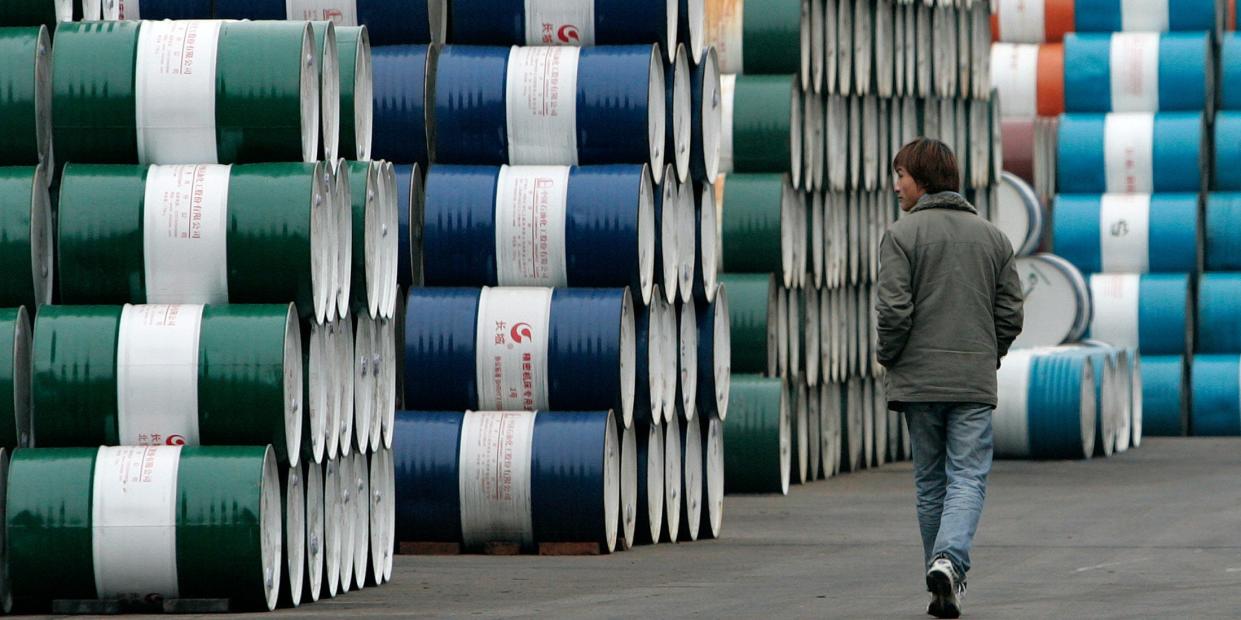A new GOP bill aims to sanction Chinese purchases of Russian oil and energy

- Oops!Something went wrong.Please try again later.
Republicans introduced a bill that would sanction Chinese purchases of Russian energy to limit Moscow's ability to pay for its war on Ukraine.
"Any entity, including Chinese state-run companies, helping them in that effort should face serious consequences," Marco Rubio said.
China spent $18.9 billion on Russian oil, gas and coal in the three months to the end of May, almost double from a year ago.
Republican senators introduced a bill on Tuesday that would sanction Chinese purchases of Russian energy supplies to limit Moscow's ability to pay for its war on Ukraine.
The bill from Florida Senators Marco Rubio and Rick Scott as well as North Dakota's Kevin Cramer would penalize anyone who insures or registers tankers that transfer oil or liquefied natural gas from Russia to China, Bloomberg reported.
"Any entity, including Chinese state-run companies, helping them in that effort should face serious consequences," Rubio said in a statement.
China spent $18.9 billion on Russian oil, gas and coal in the three months to the end of May, almost double from a year ago.
But more recently, its appetite for Russian energy has softened. Crude shipments to China and India have declined around 30% from their peaks. And a rolling four-week average shows Chinese demand has fallen by 52,000 barrels a day compared to the prior period. Meanwhile, China's largest oil refiner slashed its purchases of Russian crude this month.
The proposed legislation adds to the list of Western attempts to punish Russia for its war on Ukraine, including a US ban on Russian energy and an EU oil embargo to go in effect by year-end.
But the GOP bill could clash with a White House's effort, which is backed by the G7, to cap Russian oil prices as a way to avoid further strain on energy supplies while limiting the Kremlin's revenue.
Read the original article on Business Insider

